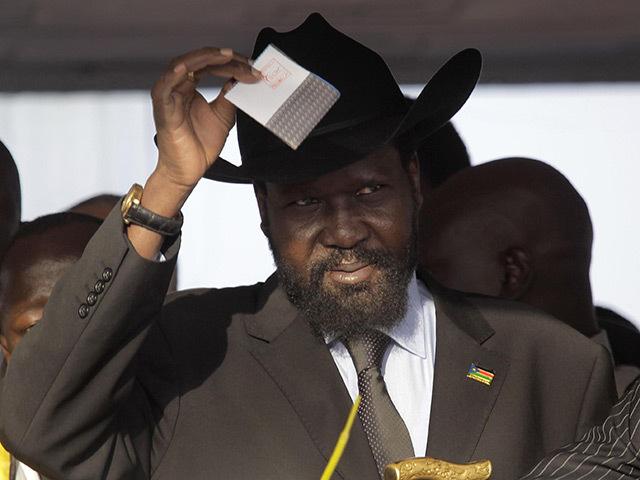
The conflict in Sudan is raising concerns around South Sudan’s oil industry, driving Juba to seek alternative supply routes.
Minister Puot Kang Chol, speaking on Radio Miraya last week, said South Sudan was considering the use of Mombasa and Djibouti as alternatives to Port Sudan.
Chol said the Sudan crisis had an impact on securing “critical materials” to its fields and “getting clearance at Port Sudan”. He put production in South Sudan at 170,000 barrels per day.
“It has not been as easy as it used to be. We need to reach out to other countries like Kenya,” he said.
Peace plans
President Salva Kiir addressed a conference and noted fears from investors. He told attendees at the South Sudan Oil and Power conference that some investors had dropped out of attending owing to concerns over safety from the Sudan conflict.
“The issue of Sudan concerns all of us,” the minister said, with President Kiir talking to both sides in an attempt to broker peace.
South Sudan exports its oil via pipeline to Port Sudan, accounting for 85% of the country’s GDP. “I’m sure we can help them get peace.”
The oil minister said there were plans to diversify away from the export of raw materials. Plans for a local refinery are under way, although there have been challenges with transportation.
Logistics is a major challenge, Kiir acknowledged. South Sudan has around 14,000 km of roads that need to be developed, he said in an address delivered by the minister of presidential affairs. Oil projects will go to help these plans, he said.
“The government will work to sustain production by encouraging new investment in oil fields and acquire new oil blocks,” the president said. The aim is to increase production, he continued.
The country must balance the increased revenues of oil production with protection of the environment and the health of local people, he continued.
Conference plans
Energy Capital & Power reported a number of developments during the South Sudan conference last week.
The conference organiser said the Bentiu refinery could begin exporting products into East Africa in August or September. The refinery is backed by a joint venture of Nilepet and Russia’s Safinat.
The facility is in Unity State and has faced challenges including floods and technical failures, Energy Capital said. It is now processing between 3,000 and 10,000 bpd, it said, and exporting products to Sudan.
South Africa’s Strategic Fuel Fund (SFF) has signed an agreement to begin an aerial survey on Block 2.
“South Sudan is endowed with a lot of resources, and this aircraft will make this evident” stated Nilepet Managing Director Bernard A. Makeny. “We are sending the message to the world that South Sudan is open for investment. South Africa and South Sudan will generate the resources needed for both countries.”
Chol, speaking on the radio, said the country had launched a 14 block licence round. “Companies have applied and we are meeting those companies,” he said. This is the first licensing round in the country he said, with a previous focus on direct negotiations.
Nilepet expects to be an upstream operator by 2027, a company official said at the conference last week.

